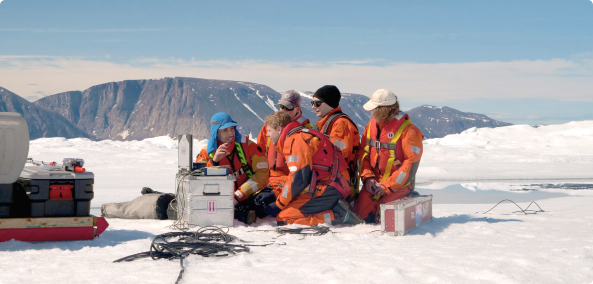At Belgium’s Princess Elisabeth Antarctica Station, comfort food and careful planning keep researchers energized and morale high — even in one of the most remote and harsh environments on Earth.
The Princess Elisabeth Station in East Antarctica, operated by the International Polar Foundation, is not only the world’s first zero-emission polar research station but also a place where food and wellbeing are key to scientific success. Chef Thomas Duconseille, who spends several months each year at the station, oversees monthly fresh food deliveries via DC-3 plane from Cape Town and manages an inventory of frozen and non-perishable staples from Belgium.
Inside the station, temperatures are maintained at a comfortable 20–21°C, and the kitchen produces a variety of meals — from soups and salads to hearty raclette and freshly baked brioche. Proper nutrition is essential for scientists who face extreme conditions outdoors, from katabatic winds to sub-zero temperatures. Duconseille also prepares portable meals for researchers on multi-week field trips, ensuring efficiency and minimizing waste.
By combining careful culinary planning, team involvement, and renewable energy infrastructure, Princess Elisabeth Station demonstrates how a remote scientific outpost can maintain high morale, health, and operational efficiency — setting a standard for polar research stations worldwide.
Read the full article on CNN!



